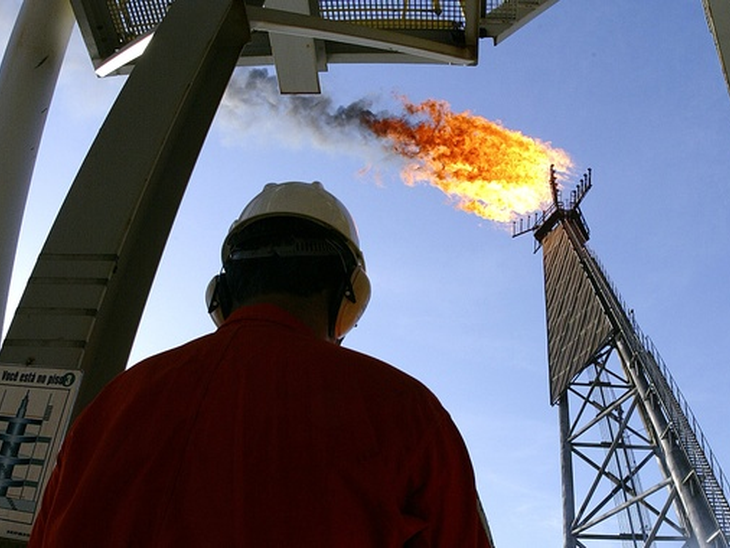
 Offshore
Offshore
T&B Petroleum/Press Office ANP

Yesterday (4/12), the ANP held a public hearing on the draft resolution that revised ANP Ordinance No. 249/2000. The regulation deals with procedures for controlling oil and natural gas burns and losses in E&P activities, including definitions of cases classified as ordinary burns, exempt from prior authorization, and procedures for authorization and validation of extraordinary burns. The draft went through a 45-day public consultation, in which 81 contributions were received.
At the opening, director Aurélio Amaral highlighted the strategic importance of the proposed revision: "There is a great effort on the part of the Brazilian State to increase gas use and recovery, especially in the pre-salt. Our intention is not to create additional costs, but to propose a better use of this gas for the benefit of Brazil and bring legal certainty to the operators ".
The review reinforces the ANP's work to improve its regulatory mechanisms on natural gas flaring control, taking into account technological advances, the change in the Brazilian production scenario, mainly due to pre-salt deposits, and the appreciation natural gas as an energy resource, in the world and in Brazil, in particular, as a source for thermoelectric plants.
The initiative complies with CNPE Resolution No. 17/2017, which defines, among the guidelines to be observed in the ANP's Oil and Natural Gas Exploration and Production Policy: to promote, on an economic basis, the increase in the share of domestic natural gas production. service to the Brazilian market, including the reduction of natural gas flaring in exploration and production activities.
The proposed revision of the regulation brings provisions that can be classified into two groups: those related to the regulation of procedures for authorization and validation of extraordinary natural gas burns, or consideration of ordinary burns, already used in inspection activities, but not yet foreseen. current regulation; and also those dedicated to the implementation of new tools seeking to optimize the use of energy resources by reducing the burning percentages.
Contributions received at the public consultation and hearing will be technically examined to consolidate the final draft and, after analysis by the Federal Prosecutor's Office and approval by the ANP Board of Directors, the resolution will be published.
Contact us